

I doubt that anyone have missed all the talk about sexism and video games, about Sommers and Sarkeesian’s unsupported arguments, which have started all sorts of fires all over the world. So in this week’s Massive Thought, we will delve into the dangerous field of sexism and feminism. Today I will show you what the current research tells us about video games and sexism. I will not use the plain and boring studies on how many females play video games, but focus on research actually asking questions about sexism, and how female players perceive sexist attitudes in and out of the games. Today you will read about real research on the subject, so leave behind the provoking thoughts from the popular youtubers, who are not versed in the real scientific literature.

Talk about sexism with real research backing up the arguments.
Karen Dill with others digs deeper into the domain on how videogame violence affects the player, by extending it to the domain of violence against women. But before you start waving the flag of how violence in game has no direct effect, they are in this study looking at how exposure to violence against women affects the player´s tolerance of sexual harassment against women. What they find is that long-term exposure to video game violence is correlated with a greater tolerance of sexual harassment against women. This research stand in line with much of the research done on mass media’s role in a socialization that supports violence against women. While Karen with company shows how these affect are more than just political talk, I can imagine how online games might actually makes this effect smaller. If we take the obvious sexism problem with armors and the such a side for a moment, many MMORPG don’t make a huge difference between the genders when it comes to violent act against them, a dungeon boss can be either male or female, and no one will care. This together with how the female players in a MMO have the possibility of defending themselves, in contrast to female NPC in a single player game, might minimize the effects shown in the study.
Robert Dunn and Rosanna Guadango examine what influence personality and gender has on virtual self-representation in the form of avatar-self discrepancy. Their findings stand in accordance to much of the previous research within the field, where both men and women create their avatars in accordance with societies ideal male and female bodies. So even if I did mention how online games may make the acceptance of violence against women smaller, online games with character creation, do continue on with the creation of an ideal look, which of course can do a lot of harm. But the study also shows that this is the same for male players, which is bad in the same way, but it puts the negative focus on gender, and not specifically women.
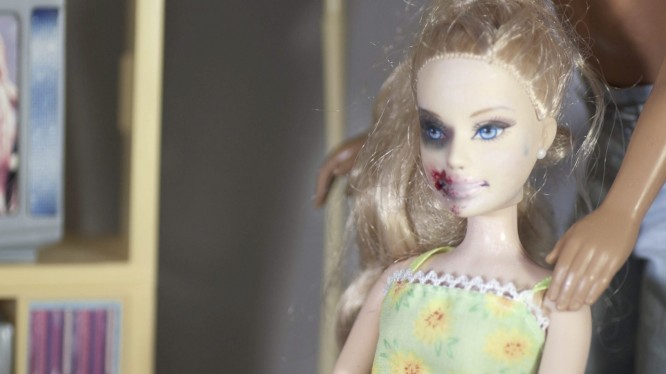
Violence against women is still growing, and games are not helping.
Ivalise Fortim and Carolina de Moura Grando explore the perception of players regarding self-identification as women in MMOs. They do this with their main research questions; (1) How do women identify themselves online? (2) Is there is a fear of being identified as a woman? and (3) Are there are experiences of aggression and/or courtship from male players. They find that the players have no problem identifying themselves as women online, and most of them have female characters. They also think that the MMO communities are mostly receptive to them. With (3) they find that a third of all female players in the study has been courted at least once, but in term of aggression, they feel treated in the same way as male players, even if half of them report that their faults as a player is implicitly assigned to their gender.
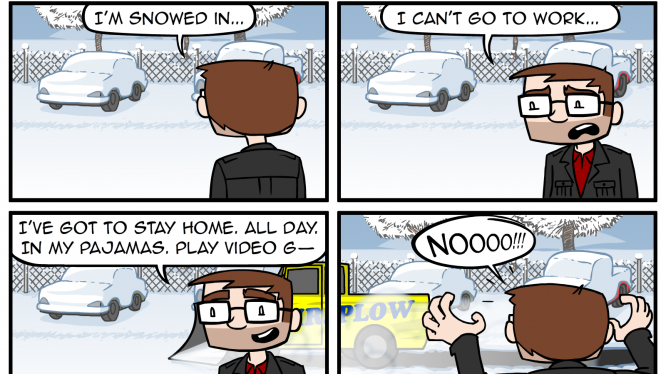
Instead of courting female players we can read the comic: Courted.
Given how sexism towards women in online games has become a divisive issue in the gaming community, Jesse Fox and Wai Yen Tang tries to determine how personality traits, demographic and levels of game play predicts sexist attitude against female players. They find that a social dominance orientations and forms of masculinity predict sexism towards women online, and are enhanced online compared to how they would be outside the game. This study stands in some contrast towards Fortim and de Moura Grandos study. But this one includes both female and male players and focuses on personalities already associated with sexist attitude towards women. Even if it is slightly enhanced in online games, it is expected since all negative social interaction has proven to be enhanced in all sorts of anonymous activity. So while the study makes a point on how women are treated in online worlds, the games in themselves should not stand in the spotlight, since this unfortunately only mirrors all aspects of life.

In another study by Jesse Fox, she and her co-writers examines if virtual worlds populated by unrealistic, hypersexualized representation of women have an effect on the view of female players. Participants who wore sexualized avatars internalized the avatar’s appearance and self-objectified, reporting more body-related thoughts than those with non-sexualized avatars. Participants who saw their own faces, particularly on sexualized avatars, expressed more rape myth acceptance than those in other conditions. So once again we have a study showing some negative effects of online games on a sexist view of women, but this study seems to more state the obvious about how females are represented in MMOs. I have a hard time accepting that players haven’t seen or figured this out yet, but it is still good to see it fleshed out in research. What I find more important to discuss is why games still continue with this hyper-sexualized representation of women, when we know what effects it might have, and how absurd it can be.
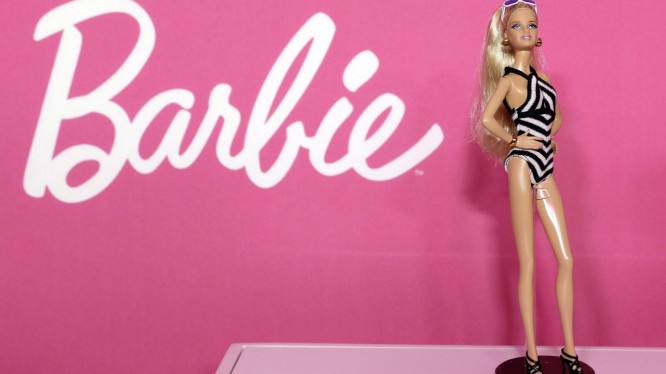
Barbie: hyper-sexualized representation of women for along time.
Players are players, whether they be female, male or still figuring it out. Even if we could use numbers on how 40% of today’s players are women, and how the industry is maintained and ruled by men, and how games still are seen as something masculine, it is not helping anyone. By focusing on these numbers, these statistics that really tells us nothing, we are missing the bigger picture, the one about how online games affect both men and women and what the possible spillover effect might be. Instead of posting movie clips based on how many women are playing video games such as Christina Hoff Sommers’ somewhat weird monologue about sexism without any concrete arguments against it. Or Anita Sarkeesian´s unsupported bashing on the video game industry, which only creates a bad discussion forum. While these examples have proved to get the discussions going online, they are discussions about the wrong thing, without any real scientific background. Let us use the research we have on gender and video games, let us listen to what Real female players are actually saying in the studies. Let us take this one step forward from the unsupported trash talking it is today, and show the world that online games is a place for everyone.
Research used in the article:
Dill, Karen E., Brown, Brian P & Collins, Micheal A. (2008) Effects of exposure to sex-stereotyped video game characters on tolerance of sexual harassment.
Dunn, Robert Andrew & Guadango, Rosanna E. (2011) My avatar and me – Gender and personality predictors of avatar-self discrepancy.
Fortim, Ivelise & de Moura Grando, Carolina (2013) Attention Whore! Perception of female players who identify themselves as women in the communities of MMOs.
Fox, Jesse & Yen Tang, Wai (2013) Sexism in online video games: The role of conformity to masculine norms and social dominance orientation.
Fox, Jesse,. Bailenson, Jeremy N & Tricase, Liz (2013) The embodiment of sexualized virtual selves: The Proteus effect and experiences of self-objectification via avatars.
Williams, Dimitri., Consalvo, Mia., Caplan, Scott & Yee, Nick (2009) Looking for Gender: Gender Roles and Behaviors Among Online Gamers.

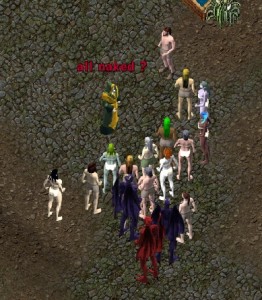

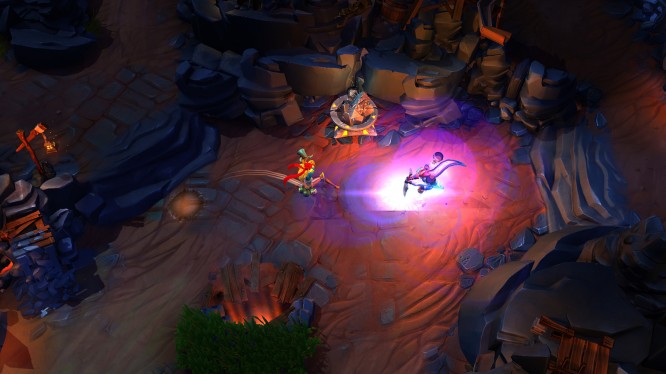
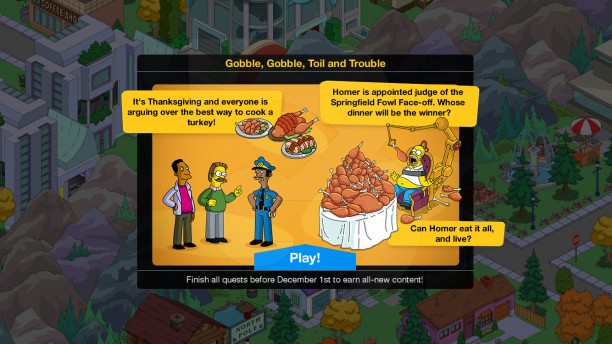 The Simpsons – Tapped Out: Guide for Thanksgiving Event 2015
The Simpsons – Tapped Out: Guide for Thanksgiving Event 2015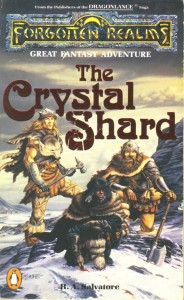 Neverwinter: The History of Icewind Dale .
Neverwinter: The History of Icewind Dale . Plants vs. Zombies 2: How to Survive in Level 6 of Big Wave Beach
Plants vs. Zombies 2: How to Survive in Level 6 of Big Wave Beach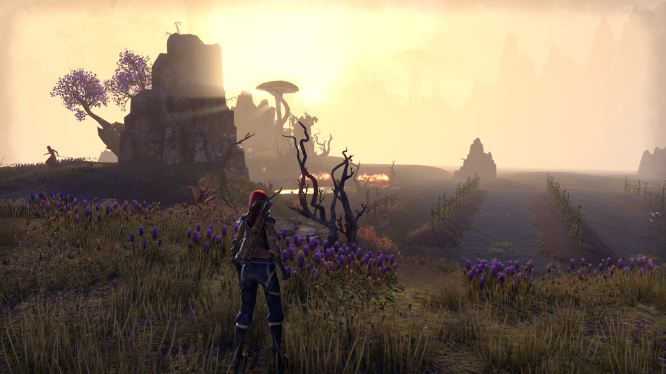 Games Like: Guild Wars 2 .
Games Like: Guild Wars 2 .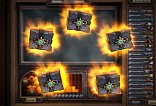 Hearthstone: Doing Well and Making the Right Picks in Arena Mode
Hearthstone: Doing Well and Making the Right Picks in Arena Mode